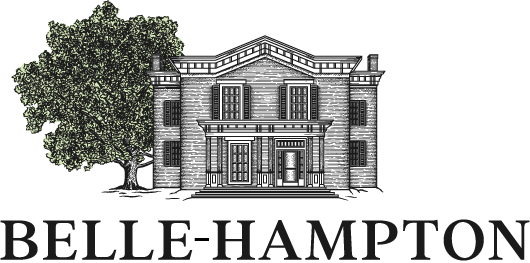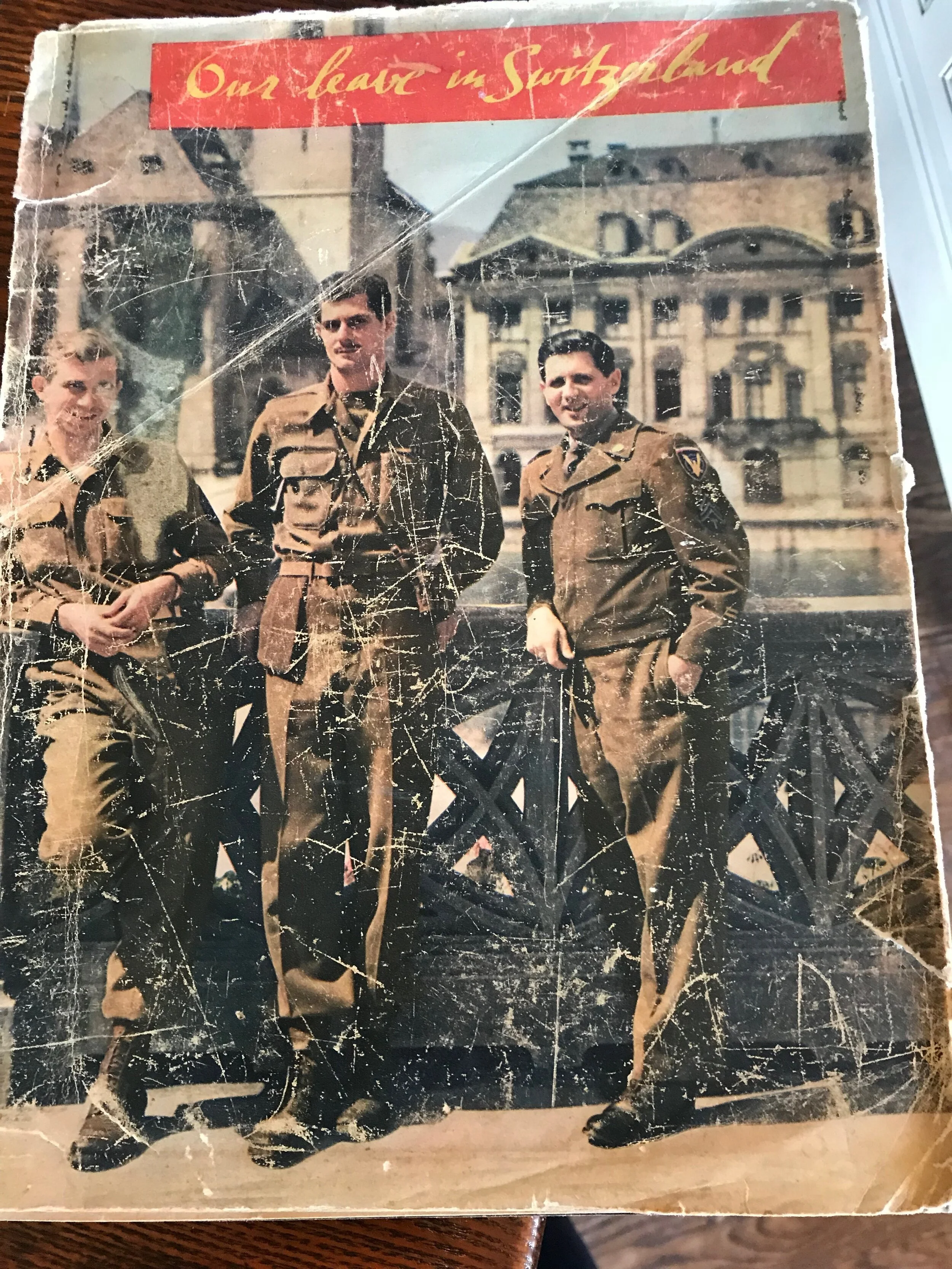Giving the Past a Future
My Dad’s Book from WWII
How do you preserve life experiences for future generations? My dad served in WWII in the Battle of the Bulge. He never spoke about his time overseas except to tell me about his trip to Switzerland after the war ended. Growing up, my storybook, "Our Leave-In Switzerland,” contained material for a soldier’s introduction to the country. Pictures of beautiful snow-covered Alps, short biographies of the various accomplished scientists, and the nation's history adorned the pages. My love for Switzerland began at three years old because I listened to the tales about how they remained neutral during a significant war. Unfortunately, I have so many more questions to ask my father about the time he served, but they are lost for eternity since he passed away. I am now passionate about preserving stories for other families by preparing advisors with good questions and teaching them good interview techniques.
If you plan to ask a series of questions to obtain a story, it starts with preparation. The person you are interviewing should be aware of the purpose of the meeting. Giving them overview questions you are about to ask will help them think about the answers ahead of time. Make sure the meeting takes place at a time and location where they can speak candidly. It is also essential to get some background information about the person (s) you are communicating with for their story. It can quickly be done as a questionnaire on their background. Once they have returned the form, study it to prepare for the session.
When formulating the questions, think about ones with open-ended replies rather than yes or no answers. Having a broad story topic such as, “How did you meet your spouse?” It then should be followed up with when and where. If the interviewee is not as open, prepare clarifying questions to think more specifically about the subject. Be curious about their responses by being an active listener. Avoid common mistakes like rephrasing the question if there is a moment of silence or moving on to the next question too soon. Expect some quiet moments for the person to think about the topic. Never rush them.
It is vital to capture the information accurately, so we recommend that two people meet with the interviewee(s). One person to ask the questions and engage with the client’s responses by asking follow-up inquiries. Another person to take notes either in written form or entering them into a computer program designed for this type of data capture. We call it ours the Discover module in the program. Notes will be edited later, so proper punctuation is not as important as the information being communicated by the subject.
The Discover material consists of questions about the couple, their childhood, their current family, and their hopes and dreams for their family's future. It also captures their vision, mission, and core values. Since we recommend a ninety-minute session, it might be too much information to gather at one meeting. Plan a follow-up appointment at a later date, if necessary, to go deeper into the details of their story. However, it is critical to ending the meeting by asking if there is anything else they would like to share. Many essential aspects of a person's life could be revealed. Think about the Titanic movie when Rose is asked to tell her story was interrupted by an anxious crewman. She said, “Do you want to hear my story or not.” Let them tell the story from their heart, uninterrupted.
Once the information is gathered and edited, it is time to compile the data in a meaningful format. We use several reports such as "Our Family Story," Timelines, and Family Trees to present the client's entire picture. As time goes on, we build on the stories to get passed down to future generations. This process collects the meaningful aspects of a family’s life which will not get lost with time. A documented story gives the past a future.

